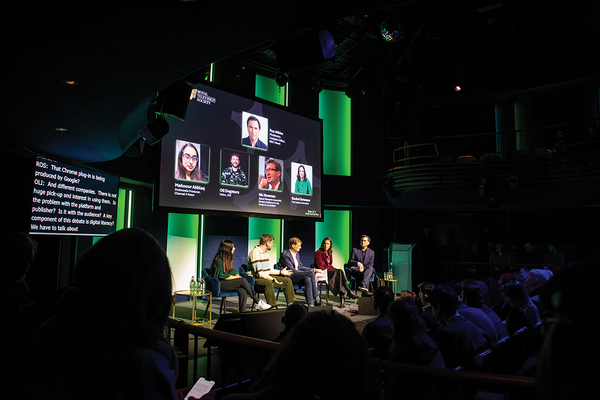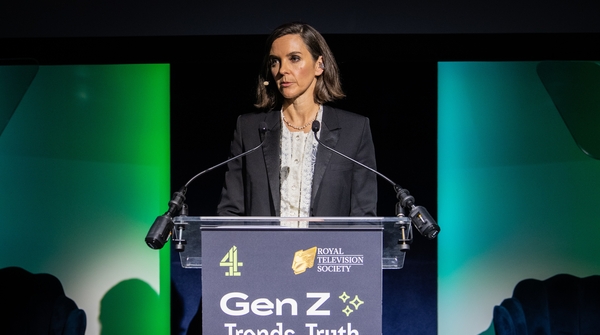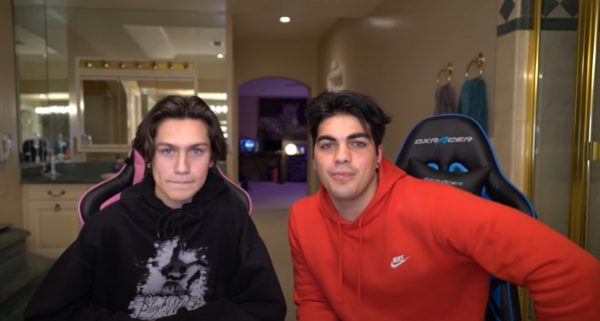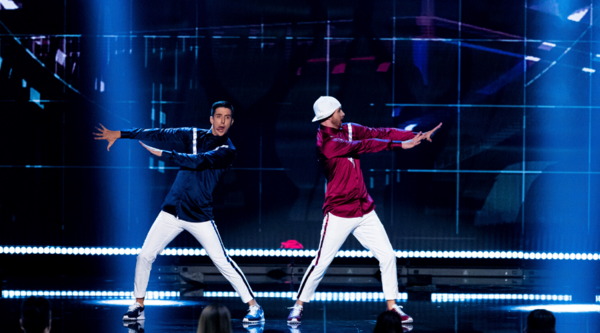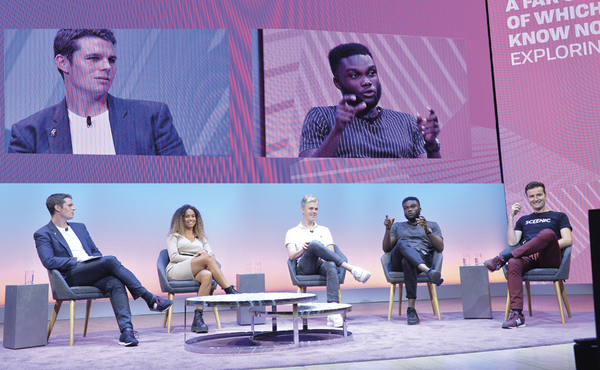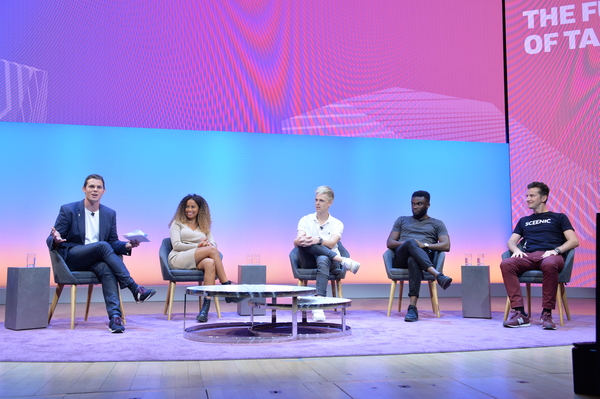"Trust is based on feeling over fact": How broadcasters are seeking out Gen Z
The challenges that traditional broadcast news organisations face in finding an audience among a sceptical and media-saturated Gen Z were laid bare in a recent Channel 4/RTS panel discussion. “It’s all about the first five seconds… and stopping them scrolling on to the next video,” said former RTS Bursary Scholar Mahnoor Akhlaq, now working as a multimedia producer for Channel 4 News.

